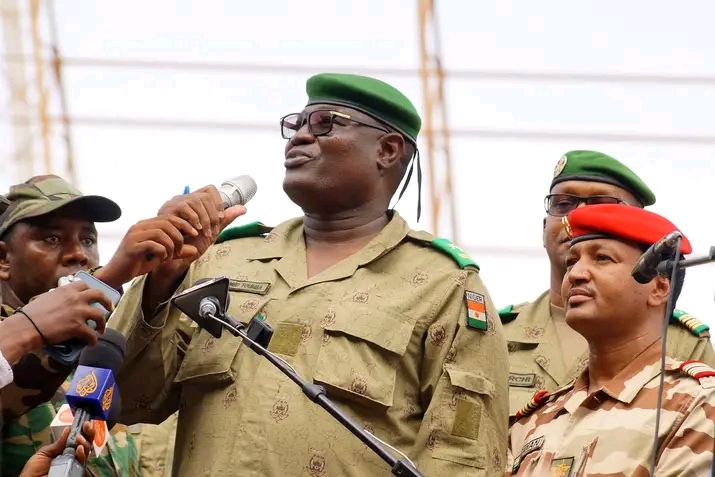By: Ollus Ndomu
In a bold and audacious move, the military junta of Niger has unleashed a storm of defiance, brushing aside the ultimatum set by ECOWAS to reinstate the ousted leader.
Defying all pressure in stunning display of audacity, the junta has not only named new ministers but has also slammed shut the door on international mediators, denying entry to teams from the United Nations, the African Union, and ECOWAS.
The reasons they have e given, primarily concerns about security, only serve to fan the flames of speculation and intrigue; is this a calculated strategy to consolidate power in the face of external pressure, or a reckless gambit that could plunge the nation into deeper turmoil?
As the military junta stands firm, Niger finds itself at a crossroads, its destiny hanging precariously in the balance; and the junta’s refusal to engage with international mediators raises a pressing question: How can this impasse be broken?
Diplomatic minds around the globe ponder the possibilities, but behind closed doors, intense discussions unfold, strategies are being devised, and the echoes of hushed debates reverberate through the corridors of power.
Will behind-the-scenes negotiations eventually crack the junta’s steely resolve, or is Niger hurtling towards an even more uncertain future?
In the streets of the capital, whispers of resistance mingle with the desert winds as citizens yearn for stability, their hopes entwined with the outcome of this geopolitical chess match.
As the sun sets over the Sahara, casting long shadows that seem to stretch towards eternity, one thing is certain: the fate of Niger hangs by a thread, and the choices made in the coming days could reshape the destiny of a nation and reverberate far beyond its borders.


